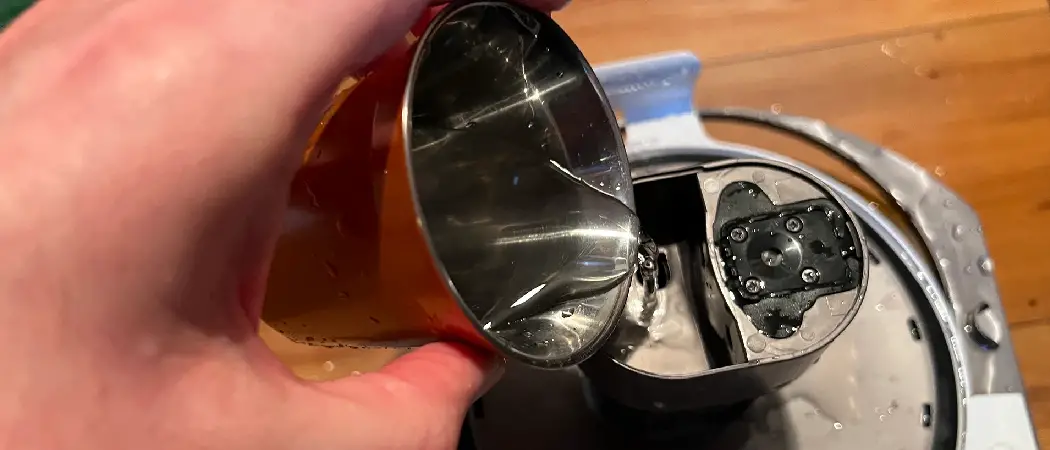Imagine this scenario: it’s a sweltering summer day, and you walk into your home, eagerly anticipating the refreshing blast of cool air from your HVAC system. Instead, you’re met with nothing but warm, stagnant air. What could be the problem? One likely culprit is a faulty blower motor capacitor.
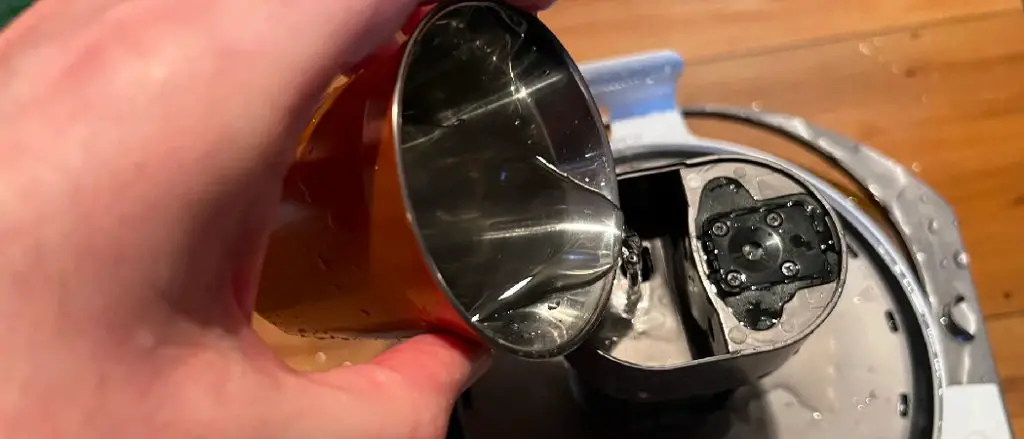
This small but mighty component plays a crucial role in keeping your HVAC system running smoothly, and when it goes bad, it can cause a host of issues. In this post, we’ll walk you through how to tell if your blower motor capacitor is bad so that you can troubleshoot the issue and get your home back to a comfortable temperature as quickly as possible. So let’s dive in to learn more about how to tell if blower motor capacitor is bad.
Understanding Blower Motor Capacitors
Types of Blower Motor Capacitors
Before we dive into how to tell if blower motor capacitor is bad, let’s first establish what a blower motor capacitor is and what it does. A capacitor is an electrical component that stores energy and releases it when needed. In HVAC systems, capacitors are used to provide the initial jolt of electricity needed to start the blower motor, which then circulates air throughout your home.
There are two main types of blower motor capacitors: start capacitors and run capacitors. Start capacitors provide an extra boost of power to get the motor started, while run capacitors continuously supply energy as the motor runs. It’s worth noting that not all HVAC systems have both types of capacitors – some may only have a run capacitor or use a combination of both.
Importance of Blower Motor Capacitors
Now that we understand what a blower motor capacitor is and the different types, let’s discuss why it’s so important. Simply put, without a functioning capacitor, your blower motor won’t be able to start or run properly. This means no cool air circulating throughout your home and likely higher energy bills as your HVAC system works harder to compensate.
Lifespan and Failure of Blower Motor Capacitors
Like any other electrical component, blower motor capacitors have a lifespan and can eventually fail. While the average lifespan may vary depending on usage and quality, most capacitors last around 10-20 years. However, certain factors, such as extreme weather conditions or power surges, can shorten this lifespan.
When a blower motor capacitor fails, it’s usually due to one of two reasons: age or electrical issues. Over time, the capacitor can become weak and unable to hold a charge, causing it to fail. In some cases, this can also be caused by an electrical issue, such as a power surge or faulty wiring.
How to Tell if Blower Motor Capacitor Is Bad: 10 Signs of a Bad Blower Motor Capacitor
Now that we have a better understanding of blower motor capacitors let’s dive into how to tell if your capacitor is bad. Here are some common signs that may indicate a faulty blower motor capacitor:
1. No Air Circulation
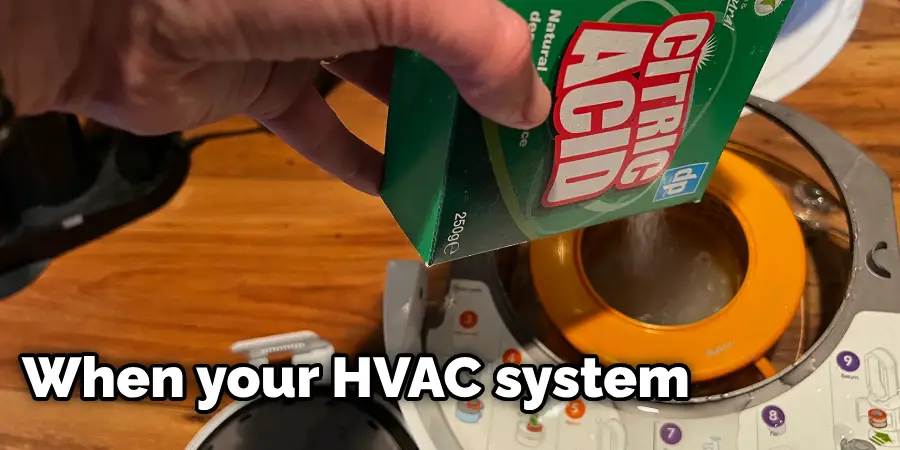
The most obvious sign of a bad blower motor capacitor is when your HVAC system is running but no air is circulating throughout your home.
2. Hot Air Coming From Vents
If warm or hot air is coming from your vents instead of cool air, this could be a sign that the blower motor capacitor isn’t providing enough power to the blower motor.
3. Inconsistent Air Flow
A failing capacitor can also cause inconsistent airflow, where you may feel a fluctuation in airflow or even experience weak airflow at times.
4. Unusual Noises
If your HVAC system is making strange noises such as buzzing, humming, or clicking, this could be a sign of a faulty blower motor capacitor.
5. Frequent Cycling
When the capacitor is failing, it may cause your HVAC system to turn on and off more frequently than usual.
6. Slow Startup Time
If it takes longer than usual for your HVAC system to start up, this could be a sign that the blower motor capacitor is struggling to provide enough power to start the motor.
7. Capacitor Bulging or Leaking
In some cases, a faulty capacitor may show visible signs of damage, such as bulging or leaking.
8. Burning Smell
If you notice a burning smell coming from your HVAC system, this could be a sign of an electrical issue caused by a bad blower motor capacitor.
9. High Energy Bills
If your energy bills have suddenly increased without any other significant changes, this could be a result of your HVAC system working harder due to a faulty blower motor capacitor.
10. System Shutdown
In severe cases, a bad blower motor capacitor can cause the entire HVAC system to shut down and require professional repair or replacement.
By following these signs, you’ll be able to learn how to tell if blower motor capacitor is bad and take the necessary steps to fix the issue.
What to Do if You Suspect a Bad Blower Motor Capacitor: 7 Troubleshooting Tips
1. Turn Off Power
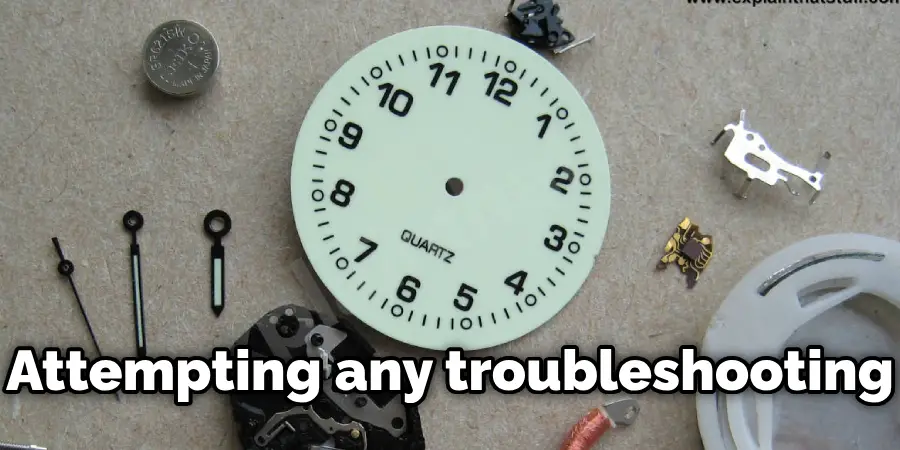
Before attempting any troubleshooting, always turn off the power to your HVAC system to avoid electrical shock.
2. Inspect for Visible Damage
If you notice any visible damage, such as bulging or leaking on the capacitor, it’s likely time for a replacement.
3. Check Connections/Wiring
Loose or damaged connections and wiring can also cause issues with the blower motor capacitor. Make sure all connections are secure and intact.
4. Test Capacitor with a Multimeter
If you have a multimeter, you can test the capacitor’s charge to see if it’s within the recommended range. If not, it may need to be replaced.
5. Check for Power Surges
If you suspect a power surge, try resetting the circuit breaker for your HVAC system.
6. Clean or Replace Air Filters
Clogged air filters can also put strain on the blower motor, so make sure to clean or replace them regularly.
With these troubleshooting tips, you may be able to fix the issue on your own. However, if these don’t work or you’re not comfortable with DIY repairs, it’s best to call a professional HVAC technician for assistance.
When to Call a Professional
While some HVAC issues can be fixed with simple troubleshooting, it’s always best to call a professional if you’re unsure or uncomfortable with handling the repairs yourself.
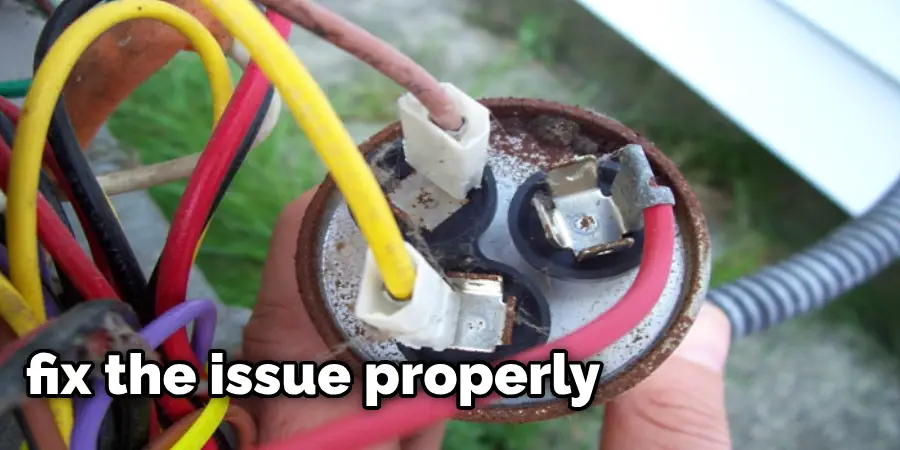
They have the knowledge and expertise to diagnose and fix the issue properly, ensuring your system runs efficiently and effectively.
Additionally, attempting DIY repairs without proper knowledge or experience can potentially cause more damage and end up costing you more in the long run.
Regular Maintenance Can Help Prevent Blower Motor Capacitor Issues
1. Schedule Annual HVAC Maintenance
Regular maintenance can help catch any potential issues before they become major problems. It’s recommended to schedule annual HVAC maintenance with a professional technician.
2. Clean or Replace Air Filters Regularly
As mentioned earlier, clogged air filters can put strain on the blower motor and eventually cause issues with the capacitor.
3. Keep an Eye on Your System
If you notice any of the signs mentioned earlier, don’t hesitate to call a professional for assistance. Catching and fixing issues early can prevent further damage and save you money in the long run.
4. Consider Investing in a Surge Protector
Power surges can damage electronics and appliances, including your HVAC system. Consider investing in a surge protector to protect your system from potential electrical issues.
5. Understand the Lifespan of Your Capacitor
Knowing the lifespan of your capacitor can help you anticipate when it may need to be replaced and prevent unexpected breakdowns.
By following these maintenance tips, you can help prevent blower motor capacitor issues and keep your HVAC system running smoothly.
Benefits of Timely Capacitor Replacement
1. Improved Efficiency
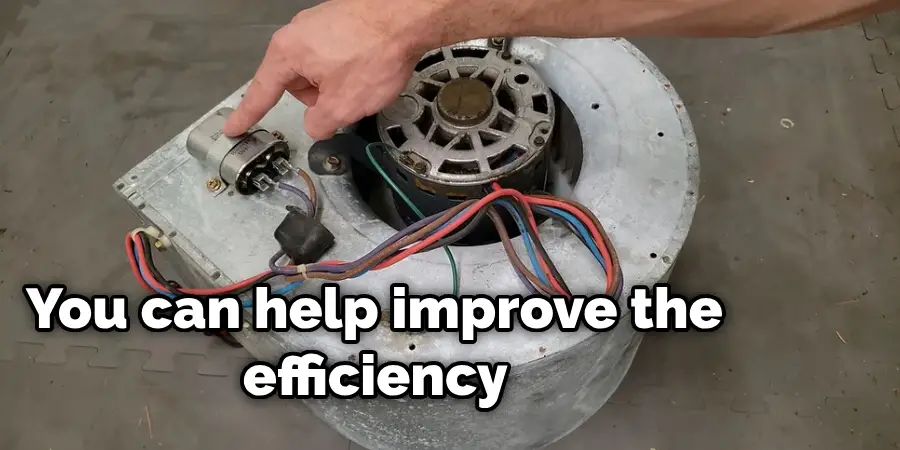
A faulty capacitor can put strain on your HVAC system, causing it to work harder and use more energy. By replacing the capacitor in a timely manner, you can help improve the efficiency of your system and lower your energy bills.
2. Increased Lifespan of Your System
Replacing a bad blower motor capacitor can also extend the lifespan of your HVAC system. By preventing further strain and potential damage, you can avoid the need for costly repairs or replacements in the future.
3. Better Air Quality
A failing capacitor may result in inconsistent airflow, which can affect the air quality in your home. By replacing it, you can ensure proper airflow and better indoor air quality.
4. Peace of Mind
By addressing and fixing the issue, you can have peace of mind knowing your HVAC system is running efficiently and effectively.
5. Cost Savings
Ignoring a bad blower motor capacitor can lead to more severe issues and potentially costly repairs or replacements. By replacing it in a timely manner, you can save money in the long run.
6. Comfortable Home
A properly functioning HVAC system is essential for maintaining a comfortable home. By replacing a faulty capacitor, you can ensure your system is working as it should and keep your home at the right temperature year-round.
Tips on Choosing the Right Replacement Capacitor
1. Know Your System’s Specifications
Make sure to check your HVAC system’s specifications for the correct type and size of capacitor needed for replacement.
2. Consider Quality and Brand Reputation
Investing in a high-quality capacitor from a reputable brand can ensure better performance and longevity.
3. Seek Professional Advice
If you’re unsure about which replacement capacitor to choose, don’t hesitate to seek advice from a professional HVAC technician.
4. Don’t Forget About Warranty
Make sure to check the warranty of the replacement capacitor and keep a record of it for future reference.
5. Consider Upgrading to a Dual Capacitor
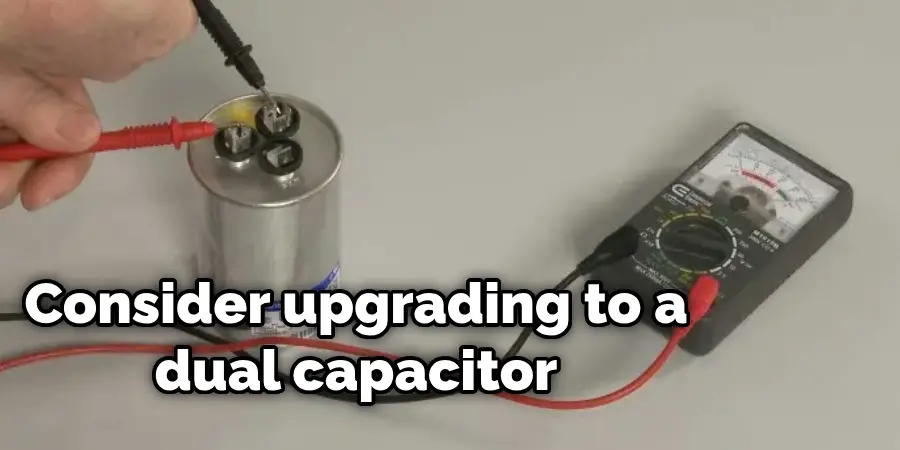
If your system currently uses a single capacitor, consider upgrading to a dual capacitor for improved performance and efficiency.
6. Follow Safety Precautions
Always make sure to turn off power to your HVAC system before attempting any repairs or replacements for safety reasons.
By following these tips, you can ensure you choose the right replacement capacitor for your HVAC system and avoid potential issues in the future.
Conclusion
The blower motor capacitor is an essential component of your HVAC system that helps regulate airflow and improve efficiency. If you suspect an issue with your capacitor, it’s important to address and fix it in a timely manner to avoid further damage and potentially costly repairs.
Regular maintenance and proper care can also help prevent blower motor capacitor issues, ensuring your system runs smoothly for years to come. Remember, when in doubt, always seek professional assistance to ensure the safety and effectiveness of your HVAC system.
So, don’t hesitate to call a professional if you need help with any HVAC repairs or replacements. With proper care and maintenance, your HVAC system will continue to provide comfort and efficient heating and cooling for your home. It’s always better to be proactive in taking care of your HVAC system rather than waiting for problems to arise.
By following these tips and seeking professional assistance when needed, you can ensure your HVAC system continues to run smoothly and efficiently. Thanks for reading this article about how to tell if blower motor capacitor is bad.

